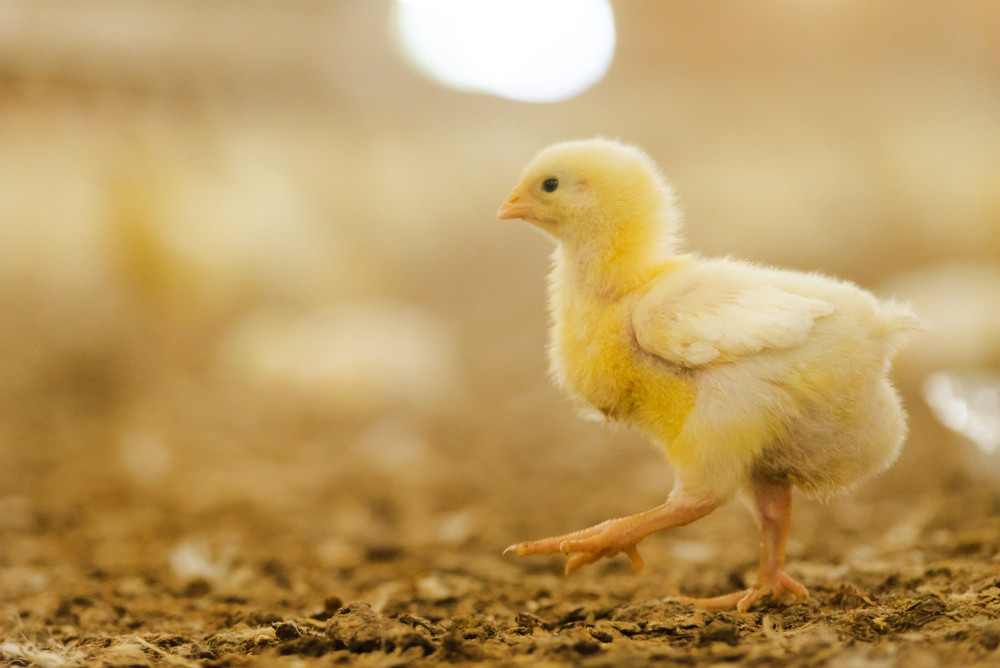The most important predisposing factor for FPD is poor or wet litter conditions; especially in the first 18 days of the growing cycle.
Pododermatitis (PD) or footpad dermatitis (FPD) is a type of contact dermatitis observed in broiler flocks. Ranging in significance from superficial to deep, the rash appears on the plantar surface of the footpads and toes. Deep ulcers can lead to abscesses, thickening of underlying tissues and structures, causing pain.
A broiler with FPD spends less time feeding and drinking. This means lower final weights, less efficient feed conversion, and in severe cases, more downgrades due to breast blisters.
Feed Influence
Nutrient composition of the feed and its availability affect proper development of the digestive organs and litter quality. Excess levels of certain minerals, particularly sodium (Na), chlorine (Cl) and potassium (K), must be avoided, as they stimulate excessive water intake, resulting in wet droppings. The use of specific raw materials, like tapioca, high levels of soya and raw materials with high levels of non-starch polysaccharides (NSP) should be carefully monitored. To improve digestibility, specific enzymes must be formulated in the diets.
To stimulate consumption early on, day-old chicks should have immediate easy access to feed. Presence of feed in the intestine will stimulate gastric and pancreatic juice secretion necessary for digestion and growth of the villi within 48 hours. The height of the villi has an important influence on the absorption of the intestine. It affects the broiler’s ability to reabsorb water before producing droppings.
Overfeeding at later ages or an overly intensive light program will also impair litter quality. Poor feed and litter management can increase the need to remove excessive nutrients, which they will do by increasing water intake.
Drinker Management
Clean water is a vital component for successfully growing birds. Muscle tissues consist of 70% water, which is essential for many physiological processes including digestion, transport of nutrients and waste components, and of course, body temperature control. The way water is supplied needs careful management.
Controlling pressure in nipple drinking systems and water levels in open drinking systems should be closely monitored to avoid under or over supplying the birds with water. With a water flow meter, the water flow from a nipple can be measured and adjusted according to the standards for age.
Importance of ventilation
The birds, drinking system and feed all add moisture to the environment. Therefore, good ventilation is important to remove this moisture.
Ventilation is needed to control temperature and air quality – levels of ammonia and CO2, as well as moisture and relative humidity. Keeping relative humidity under 70% will help prevent moisture from accumulating in the litter.
A minimum ventilation system should be designed so that the complete house volume of air is removed every eight minutes. If this is not sufficient to control the relative humidity, air exchange must be increased by reducing the off-time of the fans.
Conclusion
Farm Management plays an important factor in preventing footpad dermatitis. Stocking density, type of bedding material, temperature profile, and feed and drinker management all affect the incidence of FPD. The overall aim is to keep the litter dry, especially in the critical first 18 days of a broiler’s life.


